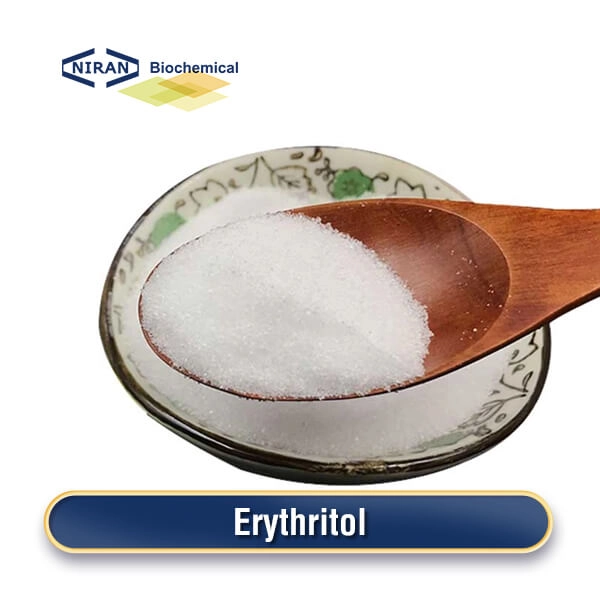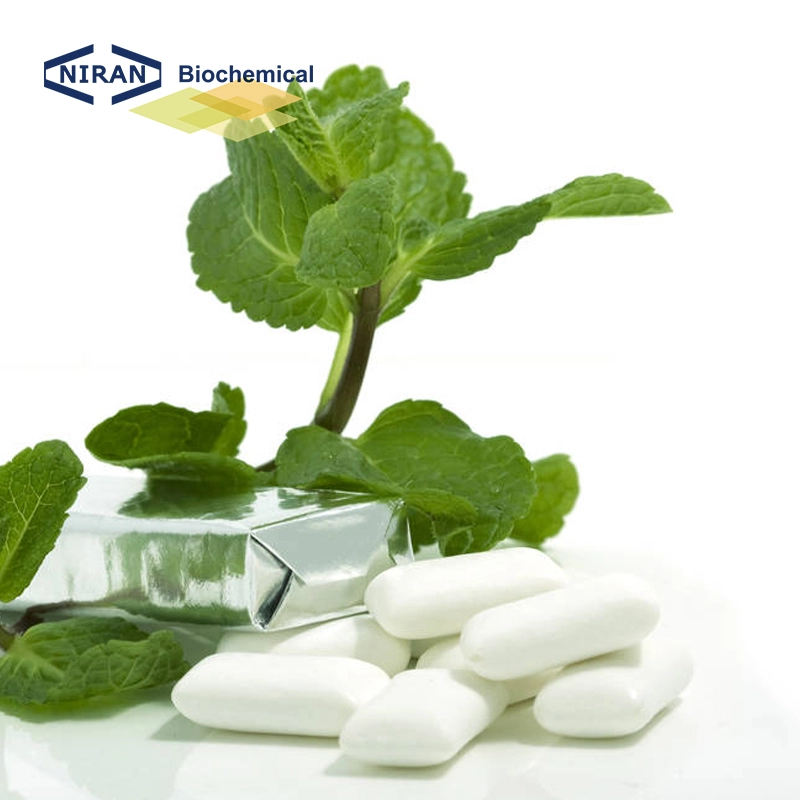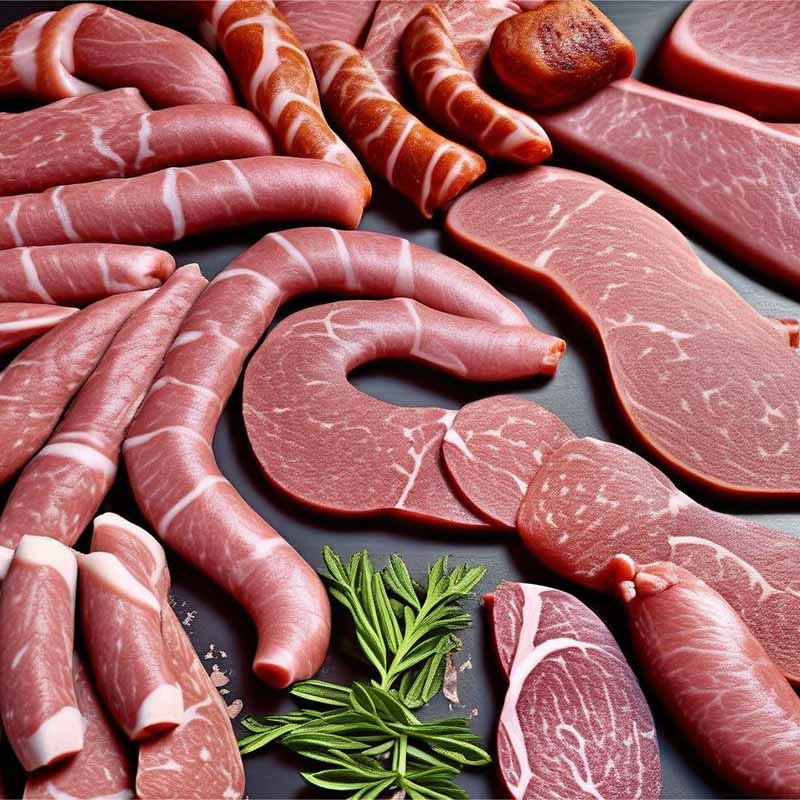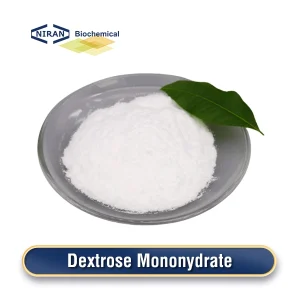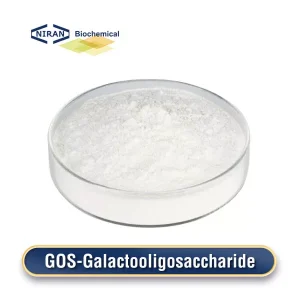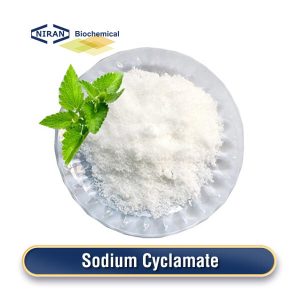What is Erythritol?
Erythritol is a filler sweetener that is widely found in nature.It can be made by fermenting glucose to produce white crystalline powder or granules that are used as a sweetener in a variety of foods.
Microbial fermentation and chemical synthesis are the two main ways that erythritol is produced, but fermentation is the most common method. It has a refreshing feeling, a low calorific value—roughly one-tenth that of sucrose—and is slightly sweet—a relative sweetness of 0.65. Usually, starchy raw materials such as wheat or corn are degraded by enzymes to produce glucose, and then fermented by production strains, filtered, chromatographic separation, purified, concentrated, crystallized, separated, and dried to finally produce erythritol.
Related parameters:
| Items | Standards |
| Assay(on dry basis) | 99.5%-100.5% |
| pH value | 5.0~7.0 |
| Ash | 0.1% Max |
| Loss on drying | 0.2% Max |
| Reducing Sugar | 0.3% Max |
| Ribitol and glycerol | 0.1% Max |
| Melting range | 119℃ to 123℃ |
| Lead(Pb) | 0.5 ppm Max |
| Heavy Metals(Pb) | 1 ppm Max |
| As | 0.3 ppm Max |
| Cont of bacteria | 300 cfu/g Max |
| Molds and Yeast Max Coliform | 100 cfu/g |
| Max Recommended Dosage | 0.3MPN/g |
Recommended dosage
| Food name | Maximum usage(g/kg) |
| Beverage industry | 2-5 g/kg |
| Juice industry | 3-7 g/kg |
| Edible oil industry | 4-8 g/kg |
| Pickles industry | 5-10 g/kg |
| Fish processing industry | 4-8 g/kg |
| Meat processing industry | 5-10 g/kg |
| Confectionery industry | 3-7 g/kg |
| Bakery industry | 4-8 g/kg |
| Seasoning industry | 4-8 g/kg |
| Starch and its products industry | 4-8 g/kg |
| Puffed food industry | 4-8 g/kg |
Erythritol has a wide range of uses
1. Erythritol has extremely low calories and is suitable for products that require low-calorie sweetness, such as healthy snacks and diet foods.
2. It can enhance the taste of products and give foods a taste and solubility similar to sucrose, especially in candies, ice cream and desserts.
3. Erythritol is relatively stable under high temperature conditions and is suitable for foods that require high-temperature processing or baking, such as baked goods and canned products.
4. Erythritol is not easily metabolized by oral bacteria and does not cause acid erosion on teeth. It is a dental-friendly sweetener.
5. Erythritol has a low glycemic index and is friendly to diabetics and can be used as a sugar substitute.
User asked question:
Q: Which one is more acceptable to the human body, stevia or erythritol?
A: Stevia is considered closer to natural sweetness due to its natural origin and zero calories, and is suitable for consumers with a strong health consciousness. However, some people may not be used to its slightly bitter taste.
Erythritol tastes closer to sucrose and has no obvious aftertaste, which is closer to the taste of traditional sugar and is more acceptable to most people. It also has no adverse effects on oral health or blood sugar.
Q: Is there a difference between aspartame and erythritol?
A: Although erythritol and aspartame are both sweeteners, their chemical properties and usage characteristics are different. Erythritol is more similar to the structure of sugar, while aspartame is similar to amino acids. Erythritol is a bulking sweetener and a four-carbon sugar alcohol that can be widely used in food and beverages. Erythritol has a sweet taste and is not digested and absorbed.
Compared with other sugar alcohols, erythritol has little effect on blood sugar and insulin levels and is not prone to gastrointestinal discomfort. Added to drinks, medications, or sugar-free chewing gum as a sugar replacement, aspartame is a naturally occurring, high-sugar, low-calorie functional oligosaccharide.

